The rise of ‘clean eating’ is fuelling a condition that bears all the hallmarks of a new type of eating disorder. One of the UK’s top specialists for Anorexia & Bulimia Care says our obsession with ‘purity’ may be putting our health at risk
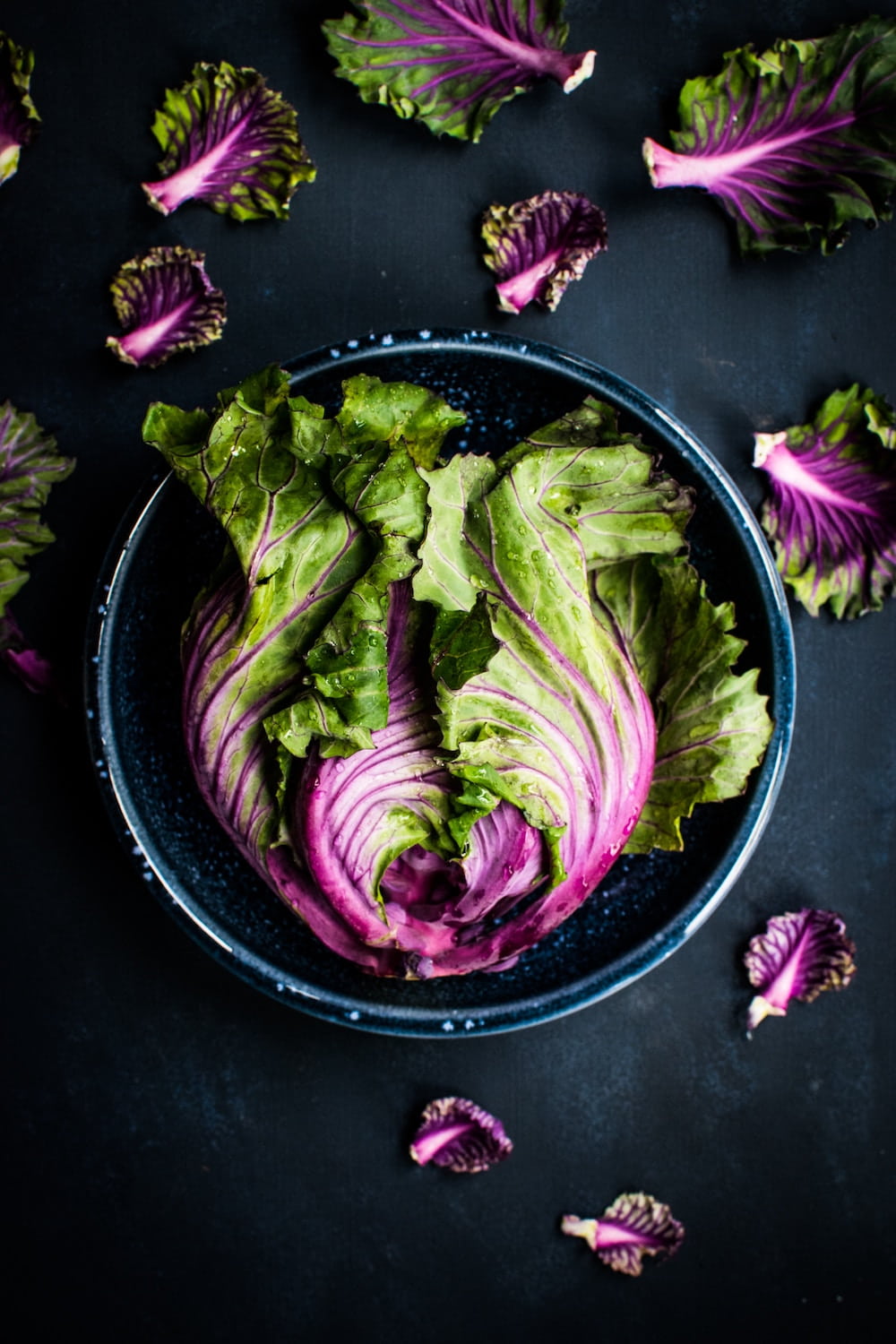
Most of us are familiar with the serious mental illnesses and eating disorders of anorexia and bulimia nervosa. In comparison, orthorexia nervosa is still a relatively unknown term. In fact, orthorexia is not yet officially recognised as a clinical diagnosis, but does display all the characteristics of an eating disorder, including aspects of anxiety, low self-esteem and a perceived negative opinion of oneself.
The difference is that orthorexia is not the pursuit of “perfection or control” through food and weight restriction, but is characterised by the quest “to purify oneself” through dietary rules and regimes. Simply put, it is defined as an obsession with healthy eating.
It was first introduced by Steve Bratman, MD, in 1996, who identified it as a stand-alone condition. He coined this term in order to help his patients understand that their obsession with “healthy” eating was indeed more detrimental, rather than beneficial to their health.
Thus, orthorexia is the search for purity – individuals will go to any extent to “eat pure”, or in more recent parlance, “eat clean” – even if this means they will be deficient in key nutrients.
The individual will, quite honestly, go to any lengths to ensure that they are eating pure, whether that be spending huge amounts of money on particular food ingredients they deem to be vital to their health, or avoiding social situations and environments for fear of the food on offer not having been prepared in a pure way or have come from a pure source.
It is often missed as a problem due to the rise of “wellness” and “lifestyle” books and information provided by health and food bloggers, who often make unfounded nutritional claims, creating food trends and fads.
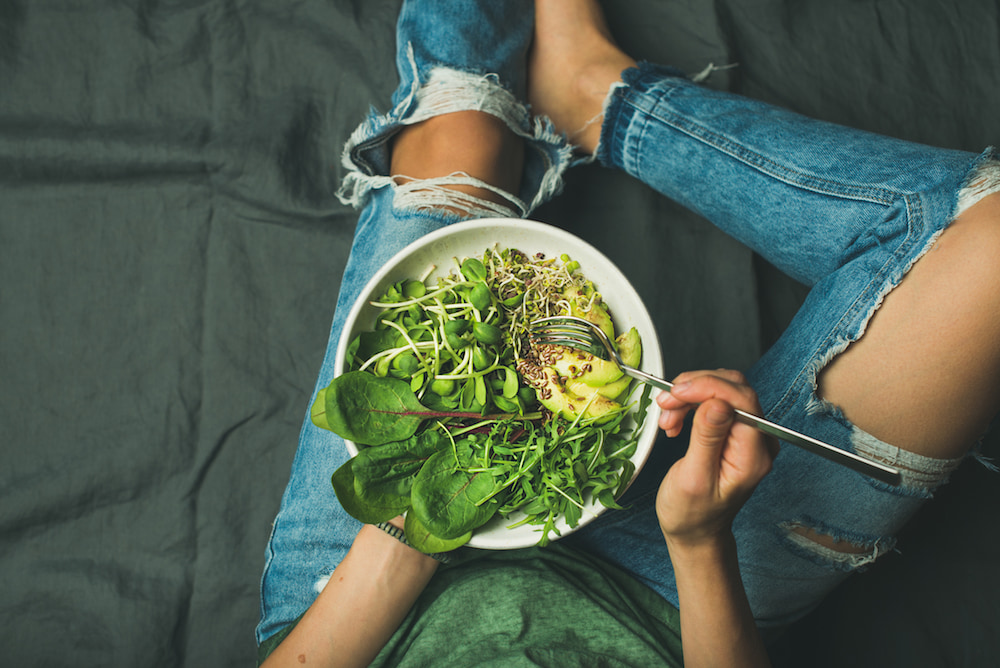
While many food and health bloggers have barely a credible nutritional qualification between them, what they do specialise in is selling a glamorous and envied lifestyle. They attribute their success and happiness to how they choose to eat. It is this aspect
that individuals with orthorexia go in search of, this promise of “perfect”, which means these pseudo-nutritional claims become the new way of eating under the guise of it being “healthy”.
Orthorexia is o en a collection of “food rules” that involve removing specific food groups, such as dairy, or individual ingredients such as sugar, or more extreme yet, anything that is “white, refined and processed”.
Even more significant is the implication that if you choose not to eat in this way, then somehow you are impure and inferior to those that do.
For someone who is already low in self-confidence and self-worth, the need to please and be “good enough” is a relentless battle. They will go to any lengths in order to achieve what they perceive as “perfection”. Yet the problem is that whatever they do is never sufficient, and their pursuit of happiness continues.
The real answer, of course, is being able to accept oneself for who we are, faults and all.
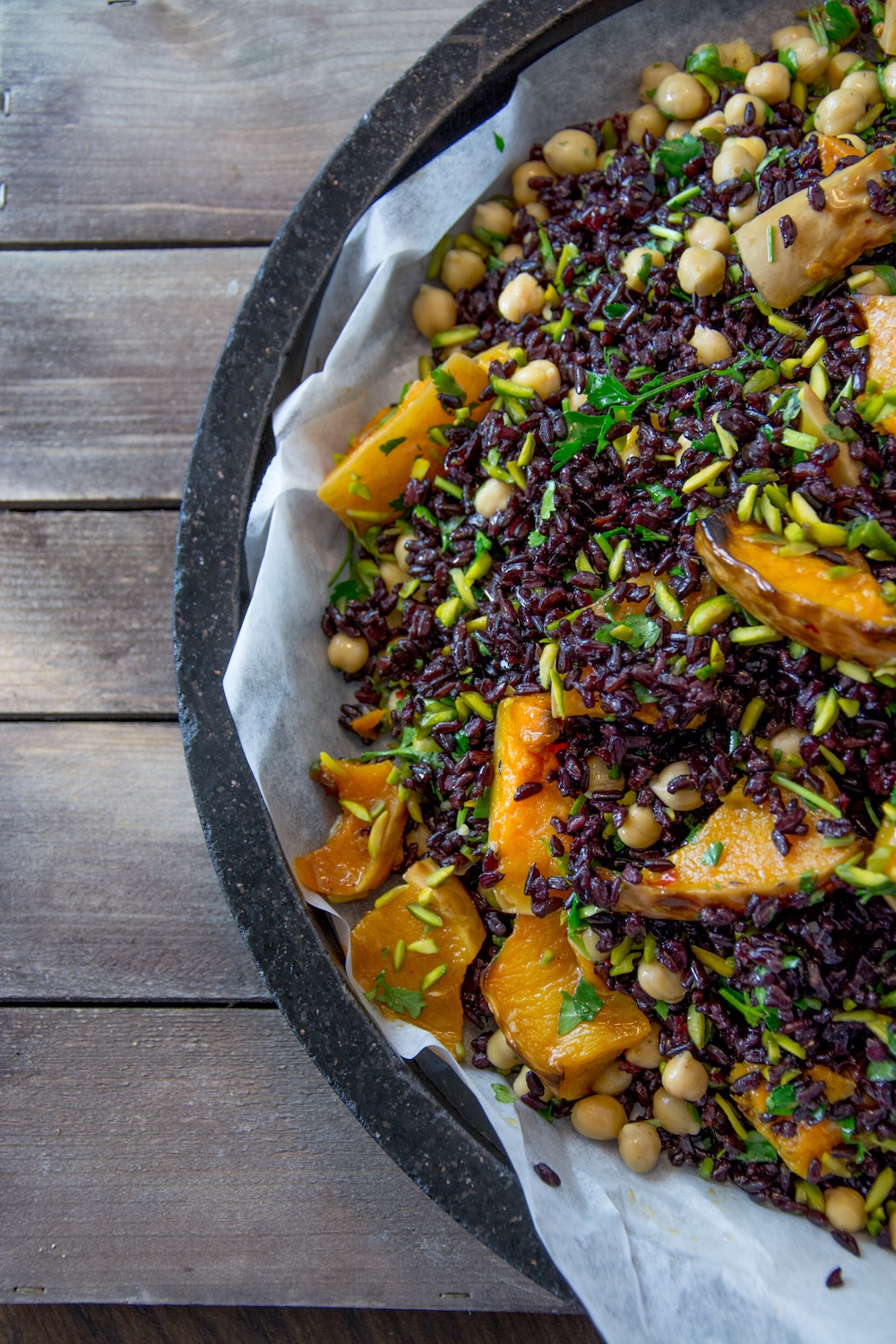
While these problems may be internal, they will use methods such as “clean eating” to project this dissatisfaction with themselves. They will often evangelise how healthy they feel on their particular path, without fully appreciating the negative impact that removing food groups will be having on their health.
With the rise of social media as a mode of communication, #cleaneating has become something of a “badge of honour”, with more and more people adopting the phrase and striving towards it in order to feel validated and accepted.
What may start out as a means of trying to make a simple change to their diet or lifestyle can, in some susceptible individuals, fast-track into something far more serious. While it may be perceived as being “healthier”, it potentially can just be a guise for restricting food intake.
For example, one of the most common and frequent changes I have witnessed in recent years is the rise of individuals becoming vegan or eating more plant-based foods. Of course, there is absolutely no issue with an individual choosing to become vegan; it can be a very healthy way of eating, if a balanced intake of all the nutrients required for the body is maintained.
However, when this then becomes an excuse to also become grain, gluten and sugar free, with no real scientific evidence of a health benefit, what you then have is someone on a severely restricted diet, putting their body at more risk than is good for them.
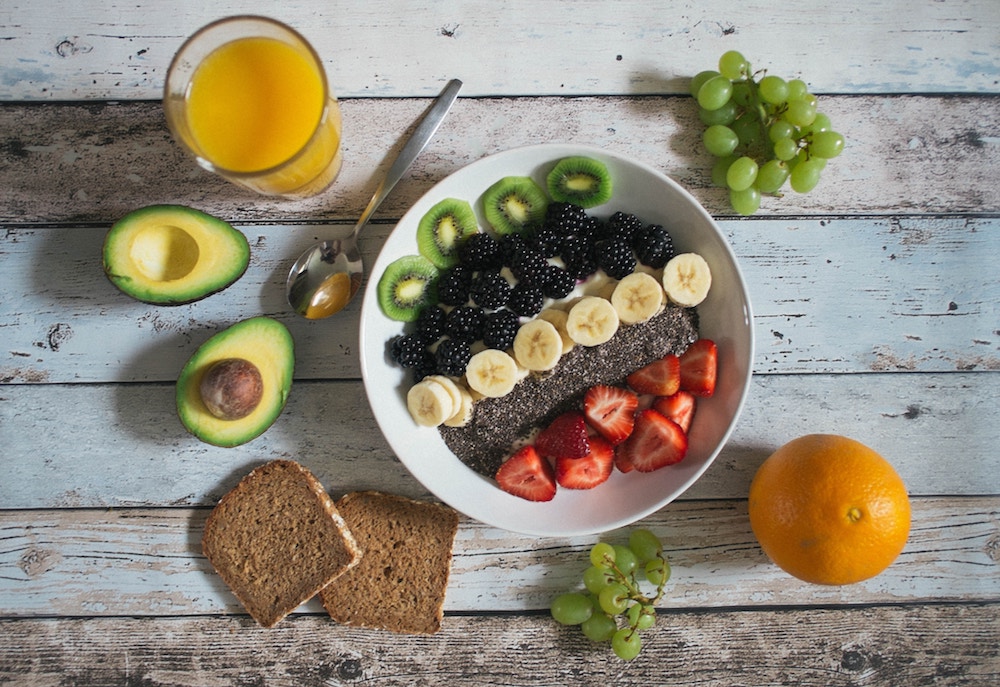
These “food rules” help to provide the individual with the control and security they need in order to feel better about themselves. The real problem is that, over time, this need for control impacts everyday life, causing social isolation and nutritional deficiencies. The more restrictive an individual becomes, the higher the level of anxiety in stepping away from these methods of control.
It is important to remember that a life built around food rules is not one that brings happiness or self-acceptance. These are both factors that have to come from within yourself.
Changing a constant negative narrative within yourself into a positive one takes time, energy and effort. It is likely that you will need professional support in order for you to achieve a positive relationship with food, but more importantly, to find peace within yourself.
The UK’s eating disorder charity Beat has a free, confidential helpline: 0808 801 0677
Renee McGregor BSc (hons) PGDIP (DIET) PGCERT(sportsnutr) RD SENr is a specialist in eating disorders, and holds the position of Nutrition Lead at the charity Anorexia & Bulimia Care. Her book, ‘Orthorexia: When Healthy Eating Goes Bad’, is on sale now (Watkins £8.99).

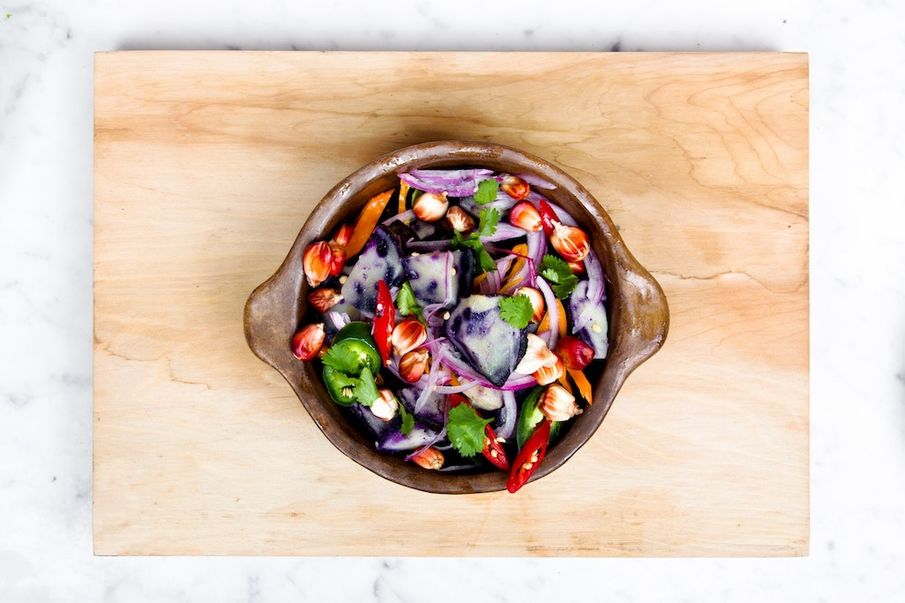
Comments